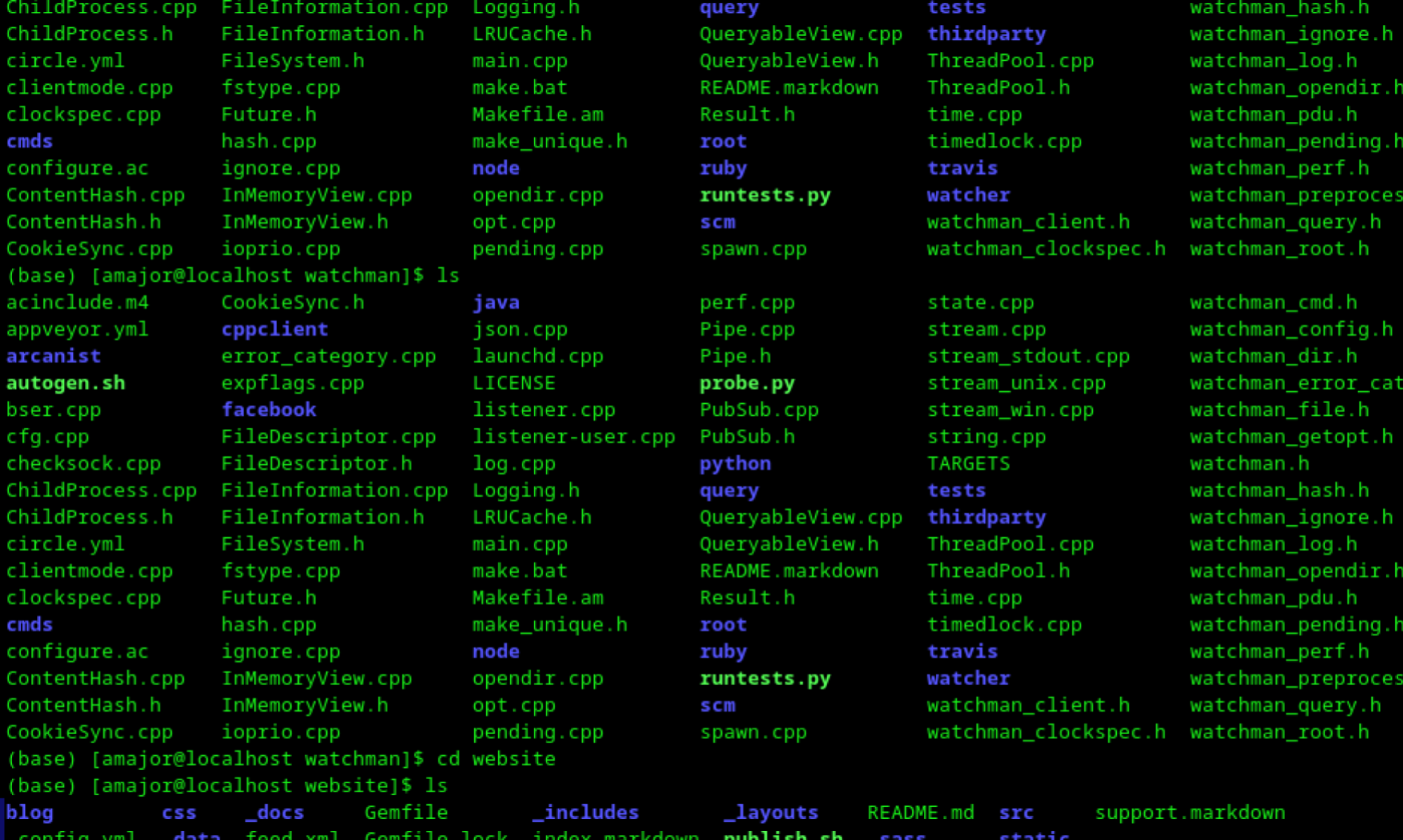In some ways, this busy modern world can make our minds feel like an overflowing cup; a constant stream of information pouring in, no possibility of holding on to it all.
We have so much information at our fingertips these days, it can be hard to know what to hold on to, and what to let go of. Sometimes our overwhelmed brains don’t even seem to get a choice in the matter; it can feel like we retain little of actual use, only the sense of countless half-remembered facts and figures.
Our minds do have the ability to screen out surplus detail for us to a certain extent; things passing quickly from short term to long term memory to avoid cluttering our conscious thought processes. Just try to recall in detail the events of the day before bedtime; it can be quite a long-winded and arduous task. My introduction to journalling proved that (it does get easier with time and practice).
But the rate of change we are experiencing these days confronts us with unprecedented levels of information to process; in the time it takes to master a new skill, it has practically become redundant, while new ones clammer for our attention.
So what are we to do?
I recently came across a zen koan (short story or parable) about a learned man who travelled a great distance to speak with a zen master in order to learn all he could about zen. They spoke for a while, then the master began to pour him a cup of tea, but let it overflow while he kept on pouring and pouring. Eventually the traveller begged him to stop, and the master replied:
“Your mind, like this cup, is full to overflowing with ideas and opinions; how can I explain zen to you unless you empty it out?”
I won’t pretend to know anything much about zen, but I think there are some fairly safe examples to be drawn from this story, that perhaps we should:
- Try to approach the world in a spirit of open-minded inquisitiveness
- Try not to bring too many preconceived opinions to new situations
- Know that it’s ok to find quiet time, empty the mind and switch off; so we start afresh, like an empty cup
How am I supposed to do that?
That’s a very good question, and the answer I’m afraid is: “It’s up to you“.
Make an effort to find time for the things you find relaxing. For me, walking the dogs (with my phone firmly in my pocket) works wonders, or taking time to read one of the many books that have been stock-piling for far too long, or just appreciating those all too rare family moments when we’re all able to unwind at the same time.
It’s not always easy to fit downtime into our busy schedules, but I think we have to look on it as a non-negotiable rather than a nice-to-have; it’s not just about the positive effects of rest and recuperation, it’s as much about the detrimental long-term effects of information overload and burnout.
With a bit of persistence though, that new habit can be learned, and eventually become part of the routine; you’ll thank yourself in the long run.
Of course, the steady torrent of information isn’t going to stop any time soon; but if we are well rested and less anxious in general, things will feel more manageable. The mind less clouded by concern is more likely to make balanced judgements about what is valuable and what is just background noise that should be allowed to ‘overflow’ without a sense of guilt or inadequacy.
Progress is a good thing (mostly), and change is something we would all do well to embrace rather than shun. But we shouldn’t feel steam-rollered by it: we owe it to ourselves to be well equipped for the challenges ahead, and sometimes that requires doing surprisingly little.
Now go and do that jigsaw, meditation class or a bit of gardening, notice how you feel re-charged afterwards, and commit to making it a regular thing.
